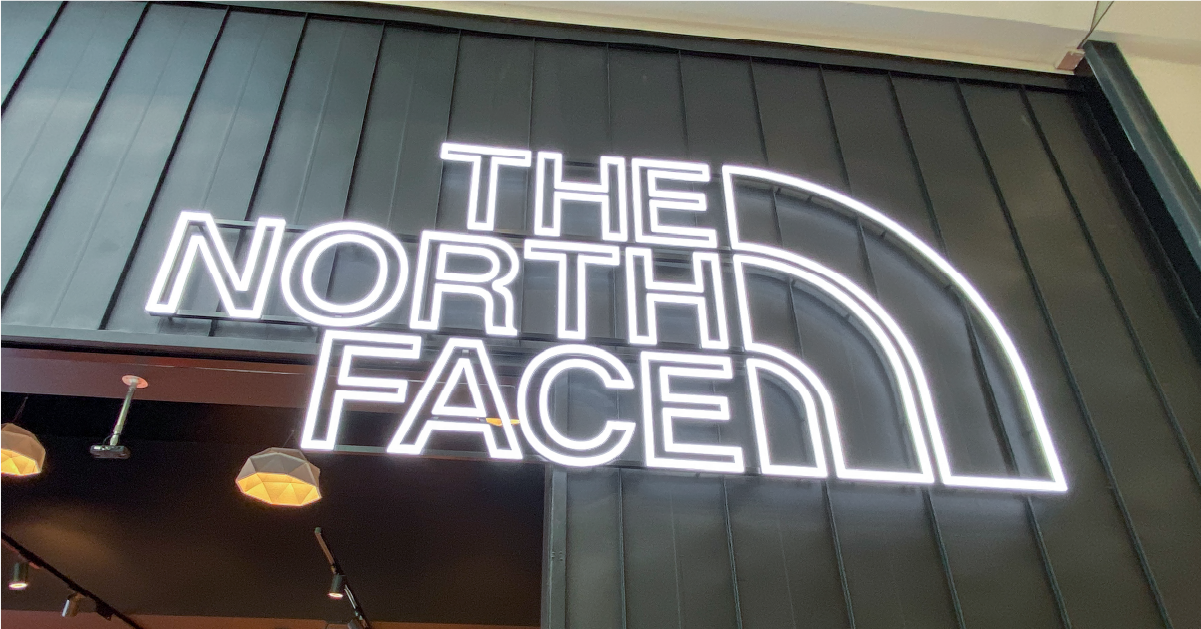What are employability days?
Employability days, also known as employability workshops or career exploration events, are invaluable initiatives designed to prepare GCSE students for the world of work. These dedicated days provide students with opportunities to gain insight into various industries, acquire essential employability skills, and make informed decisions about their future careers.

Through interactive sessions, workshops, and presentations by professionals from different fields, students can explore diverse industries and learn about the skills, qualifications, and experiences required for each. This exposure broadens their horizons, enabling them to make informed decisions about their educational and career paths.
Employability days also play a crucial role in developing essential skills and attributes. Students participate in activities that enhance their communication, teamwork, problem-solving, and leadership skills. They engage in mock interviews with industry professionals in a neutral environment which allows them to gain feedback and methods to improve their skills for the future.
By participating in employability days, GCSE students also gain a realistic understanding of the working world. They learn about employer expectations and the realities of the professional environment at an early stage helps students develop a professional mindset and adjust their academic and career goals accordingly.

Education Business Partnership & Blaze Signs
Members of the Blaze Signs team, along with professionals from many other local businesses came together with Education Business Partnership Kent (EBP Kent) to take part in two employability days at schools in East Kent, Dane Court Grammar School and King Ethelbert School. Amanda, Chris, Leeroy and Barry from Blaze Signs were on hand to provide talks and interviews for the students, providing them with key insight into what it is like in the working world, and to give invaluable feedback on mock interviews.

Talking about work life & Blaze Signs
When visiting Dane Court Grammar School, Blaze Signs was offered the opportunity to carry out talks to the Year 10 students throughout the day, where we would discuss the exciting possibilities available to students in the future and the realities of the working world, things to look out for, and to describe what it is like to work for Blaze Signs.
By providing practical insights and experiences, students gain a clearer understanding of the professional landscape and the skills required for success and fosters realistic expectations. They are also able to gain a deeper understanding of the challenges and rewards that come with developing a career. This knowledge helps them make informed decisions about their future career choice.
Additionally, understanding the real world of work cultivates crucial employability skills. Students learn about professionalism, teamwork, communication, problem-solving, and time management through practical examples and simulations. These skills are essential for success in any career and are transferable across different industries and job roles.
Giving these talks encourages students to self-reflect and enable personal development. They are exposed to opportunities for self-assessment, career planning, and setting goals.
Mock interviews… no pressure!
A mock interview involves simulating a real interview scenario between a GCSE student and an industry professional – in this case, members of the Blaze Signs team. It aims to provide the student with a practice session that mimics the structure, questions, and expectations of a job interview. The process typically involves the following steps:
- Introduction: The industry professional introduces themselves and explains the purpose and structure of the mock interview. They may outline the types of questions that will be asked and the evaluation criteria they will use. It’s important that the student feels comfortable before beginning the interview.
- Interview: The mock interview begins, asking a series of interview questions commonly used in the specific industry or job role asked. These questions may cover a range of topics, including the student’s qualifications, skills, experiences, and their ability to handle hypothetical work situations.
- Feedback and Guidance: After the interview, the interviewer provides constructive feedback and guidance to the student. They may highlight areas of strength and areas for improvement in terms of communication, body language, confidence, and content of their responses. They’ll also offer tips and suggestions for enhancing their interview performance.

The benefits of conducting these mock interviews with GCSE students are significant. Firstly, it allows students to gain hands-on experience in a low-stakes environment. By practicing interview skills, students become familiar with the process, reduce anxiety, and build confidence.
Secondly, mock interviews provide an opportunity for students to receive personalized feedback, helping them understand their strengths and weaknesses, identify areas for improvement, and refine their interview techniques for future career use.
Overall, mock interviews play a crucial role in preparing GCSE students for the real-world job market. They offer practical experience, feedback, and guidance that enhance interview skills, boost confidence, and increase the likelihood of successful future interviews.

Blaze Signs’ Social Sustainability Commitments
The Blaze Signs People&Planet team have been filling their calendars for 2023 up with engagements and initiatives based in the local area, including schools, colleges, and universities. We as a business subscribe to the thought that organisations have a social responsibility to give back to the communities in which they operate. Supporting local schools and youth demonstrates a commitment to the well-being and development of future generations. It helps create a positive impact on society by investing in the education, growth, and prospects of young people.
There are also several other reasons for businesses to be working with local schools and the youth, including:
- Talent Development: Supporting local schools and youth allows businesses to play an active role in nurturing talent within their communities. By engaging with schools, businesses can contribute to the development of a skilled and knowledgeable workforce that aligns with their industry needs.
- Community Engagement: Businesses that support local schools and youth actively engage with the community, fostering a sense of trust, goodwill, and positive brand recognition. By aligning with educational institutions and youth programs, businesses can build strong relationships with students, parents, educators, and community leaders, ultimately benefiting our own reputation and long-term sustainability.
- Workforce Development: Businesses that invest in local schools and youth contribute to the overall economic development of their region. By actively participating in educational initiatives, businesses can shape and influence the development of skills and competencies that are in demand within the local job market. This, in turn, can help attract and retain a skilled workforce, fuelling economic growth and prosperity.
- Innovation and Diversity: Supporting local schools and youth brings fresh perspectives and diversity to businesses. Enabling us to tap into their creativity, unique insights, and innovative ideas. This collaboration can lead to fresh approaches, solutions, and perspectives that benefit the business and foster an environment of continuous improvement.
- Long-term Business Sustainability: Investing in local schools and youth is an investment in the future. By supporting education and youth development, businesses help create a well-educated, motivated, and skilled workforce that can contribute to their own success and growth in the long run. It also helps create a positive cycle where educated and employable youth become future customers, employees, or even entrepreneurs themselves.
Throughout the course of 2023, we will have more news to share about our work with Education Business Partnership, Dover Technical College, and Kent University.





